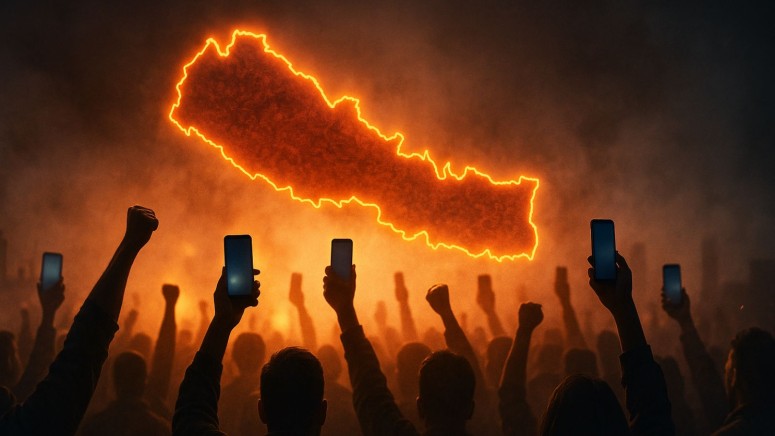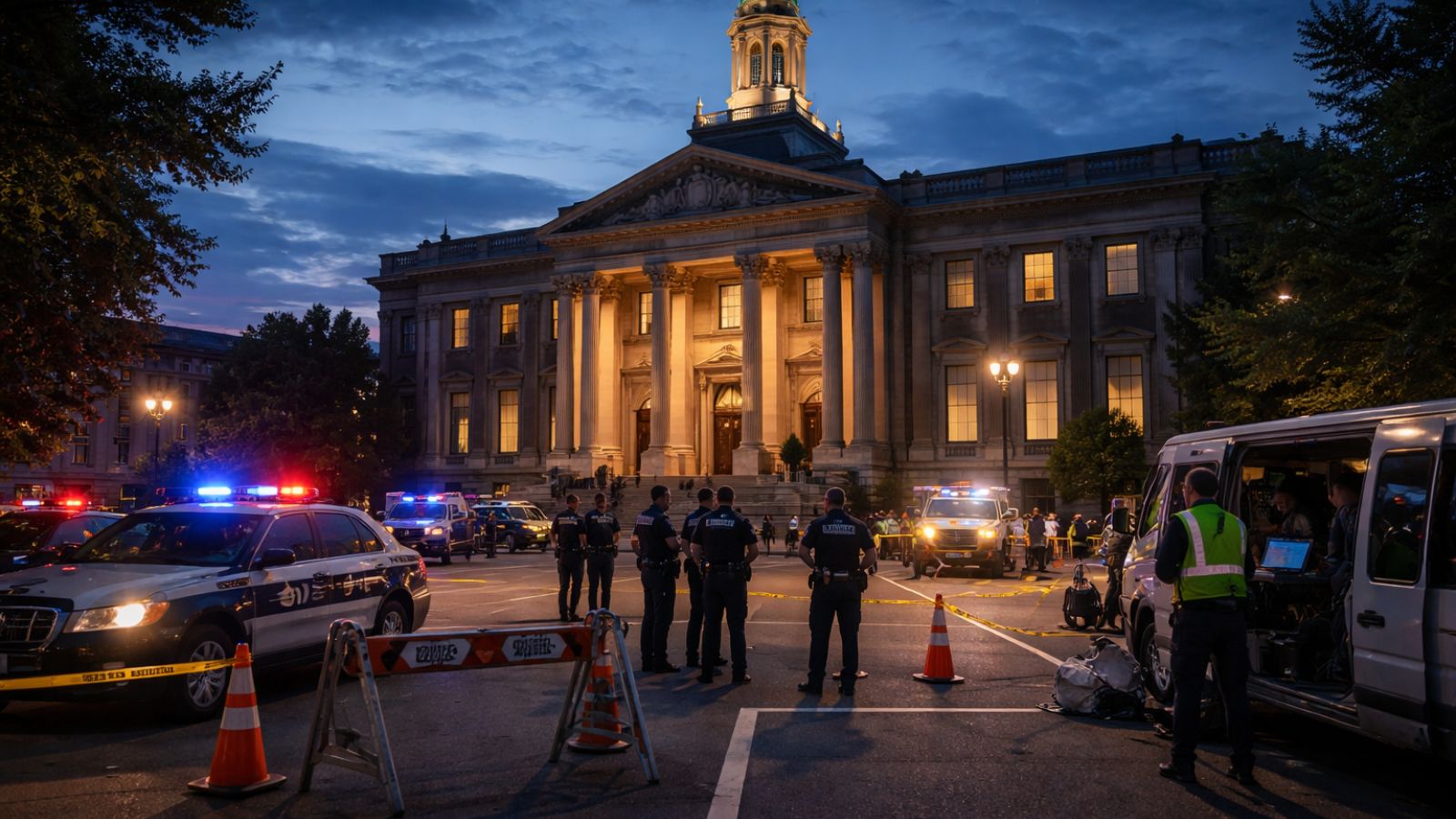
Public Fury and Fatal Protests Dismantle Nepal’s Social Media Ban
- Ban lifted: Nepal lifted a ban on 26 social media platforms following violent protests that resulted in deaths.
- Wide criticism: The ban imposed to curb disinformation and criminal activity was widely criticized by human rights organizations as digital repression.
- Outside intervention: International groups urged Nepal to protect freedom of expression and ensure its digital regulations align with human rights standards.
The government of Nepal has reversed its ban on 26 social media platforms following intense and deadly youth-led protests that resulted in at least 29 fatalities and significant civil unrest, including the vandalizing of government buildings in Kathmandu. The scale of the protests in the country forced the government to reconsider its position.
The Catalyst for the Reversal
The decision was confirmed by Communications and Information Technology Minister Prithvi Subba Gurung after an emergency cabinet meeting.
“Since protests were being staged using this issue as a pretext, the decision has been taken to reopen social media sites,” Minister Prithvi Subba Gurung said on Tuesday, adding that the government did not regret the earlier ban.
The initial Nepal social media ban included major services like Facebook, Instagram, WhatsApp, Signal, and YouTube. Officials justified the measure as necessary to combat the spread of disinformation and curb criminal activities online.
However, the move was widely condemned by human rights organizations as a severe act of digital repression in Nepal. In response, thousands of young demonstrators took to the streets, protesting not only the internet censorship but also broader issues of government corruption and nepotism.
Proton VPN recently reported a huge surge in sign-ups in the country, from “500% to 6,000% in just three days,” eventually peaking at 8,000% after the ban fully rolled out on September 4.
International Condemnation and Broader Implications
The government's actions drew sharp criticism from the international community. Human rights groups, including Human Rights Watch and Access Now, denounced the crackdown and the violent response from law enforcement.
The United Nations urged Nepal to ensure its digital regulations comply with international human rights law, specifically protecting freedom of expression in Nepal.
This event highlights the ongoing tension between national sovereignty and digital rights, as more governments attempt to regulate online platforms. Recently, a Chinese company was linked to the export of Great Firewall-like surveillance and censorship technology to Kazakhstan, Ethiopia, Pakistan, and Myanmar.









